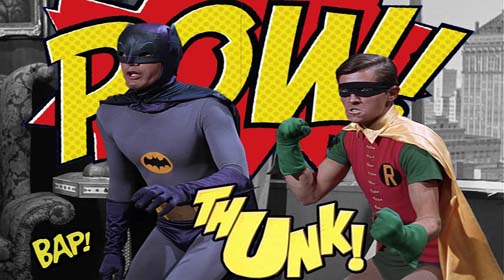
I started out smug. Coronavirus can’t get me, I don’t associate with people all that much. My faithful muse smacked me on the back of the head. Fool, said she.
I’m not as introverted as I think.
Being in the high risk group makes me very cautious. Even my other half worries about bringing something home. But there is another problem. Besides having no baseball to distract me.
I work with the public. And the higher-ups show no sign of letting us do much work by phone or Internet. A lot can be done that way. We have hand sanitizer on desks and by phones. We’re as careful as we can be, but wiping down computers and phones and desks with Clorox does nothing about the people that come in sniffling and sneezing. We hand them masks. They hand us paperwork from their germy hands. I’m tempted to spray it down with Lysol, but doing it in front of them is a bridge I haven’t crossed. Yet. Pens, packages, the door handles. I wash my hands once an hour. Is that enough? More soap? Lye?
My other half goes to the grocery store for us. Wiping down the cart handles is fine, but what about the can someone took off the shelf and then put back? Things that are exchanged and replaced? Will flour ever be back in stock? How many meals can one make with hamburger? This is the time hoarding tendencies come in handy. Plenty of food in the freezer, art supplies, and yarn to knit. But limited TP and hand sanitizer. Rinsing hands in vodka seems excessive. At the moment. Better put to use with orange juice.
Everything that can be closed, is closed. I get gas with gloves on. The gym is closed now. I’m hoping stretches and dumbbells at home will do for the time being. My dog is too old to walk, but my neighborhood is empty for me to roam the road. We walkers wave at each other from opposite sides of the street. Advantages of living out of town.
How much avoidance is acceptable? How much further does an introvert have to go to be safe? Is there no safe place? Probably not. Unless you want to disconnect entirely from the public and live like a hermit. Even then, if your groceries get delivered, who handled them? There’s no winning. I’ve gone with sanitizer, wipes, and avoiding gatherings, but even introverts need human contact more than they think. On the plus side, I have lots of time to edit the novel, read, and create new poetry.
All we can do is our best. Don’t let the possibilities overwhelm you. Watch Netflix or Prime or the Weather Channel. (Highway Thru Hell is my guilty pleasure.) Quit picking your nose. Try not to run screaming when someone around you coughs. Take precautions, but don’t wear a HazMat suit. Yet. Introvert, but don’t let it consume you.
In the words of Sergeant Phil Esterhaus, “Let’s be careful out there.”





